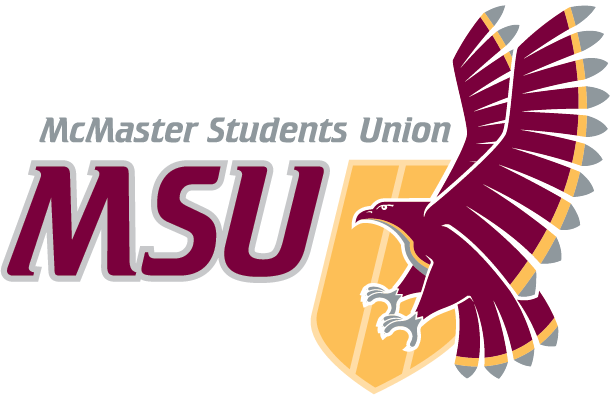Expandable List
A cover letter should accompany every resume. Your cover letter gives your resume context, telling the hiring manager why your resume will be of interest to them and why you are a good fit for the job. The best cover letters give the hiring manager a sense of who you are, your qualifications, and passion for the position. We know that you are more than just your resume, so tell us about yourself! Make us want to know more about you and invite you in for an interview.
Tips for Writing Your Cover Letter
- There is no single cover letter that all hiring managers will love. Do not use a generic cover letter when applying for jobs and opportunities.
- Review the full job description so you know what skills, experiences, or qualifications will be important to mention in your cover letter.
- Research the service or department so you can talk about how your values and interests match those of the service or department.
- Know what you can and want to contribute – your skills, qualities, and experiences.
- Proofread for overall tone, content, and spelling errors/typos. The cover letter should reflect you as a candidate and your voice should come through.
One of the best sources for tips and tricks is Ask A Manager. Not all of the information on the site will apply to you right now, but it’s a great place to browse what a hiring manager looks for in candidates.
Your resume is your opportunity to show the MSU how you “fit” within the organization; it is the foundation of your career search that brings together your academic accomplishments and experiences.
Writing a resume that stands out from the pile requires preparation and thought. After you gather all of the information you want to include, you need to determine the format that best reflects your combination of skills and experiences to best demonstrate your match with the role to which you are applying.
We are interested in the skills that you have developed, regardless of where. This includes skills developed in school, volunteering, extra-curricular activities, and paid employment.
Tips for Creating Your Resume
- Ensure your resume is clear, concise, relevant, and highlights your skills based on the requirements of the job. One to two pages is a great length, and it will help to keep only the most important and relevant information.
- Decide which style to use: chronological or functional. The MSU does not have a preference for one style above another.
- Be honest. If you lie on your resume, it will do more harm than help.
- Proofread for content and spelling errors, typos, or grammatical errors.
The Student Success Centre is an incredible resource for tips and tricks to craft a great resume. You can also visit the Student Success Centre and a professional will critique your resume.
You can also visit Ask A Manager for additional information on resume writing.
The most disappointing interviews are the ones where candidates do not spend enough time preparing. Preparing for an interview leads to sharing your key strengths with the interviewer that are most relevant to the position, and will help you feel confident and relaxed. We already know you’re great on paper – we read your resume and offered you an interview after all – and the interview is about giving us the opportunity to learn more about you as our potential employee.
Hiring the wrong candidate costs us more money and time in the long run, so we have set up a solid interview process to help us ensure the candidate we pick will be the right fit for the role and the MSU, and will make an immediate, positive impact on the organization. We hope that candidate will be you!
While every company will have different interview techniques, the tips in the below document will give you a firm foundation for interviews.
Tips to Ace the Interview.docx
There are tons of other great resources avilable online for interview prepartion. The Student Success Centre provides an online tool where you can practice your interview skills anytime, anywhere. Check out Interview Stream for more information.
